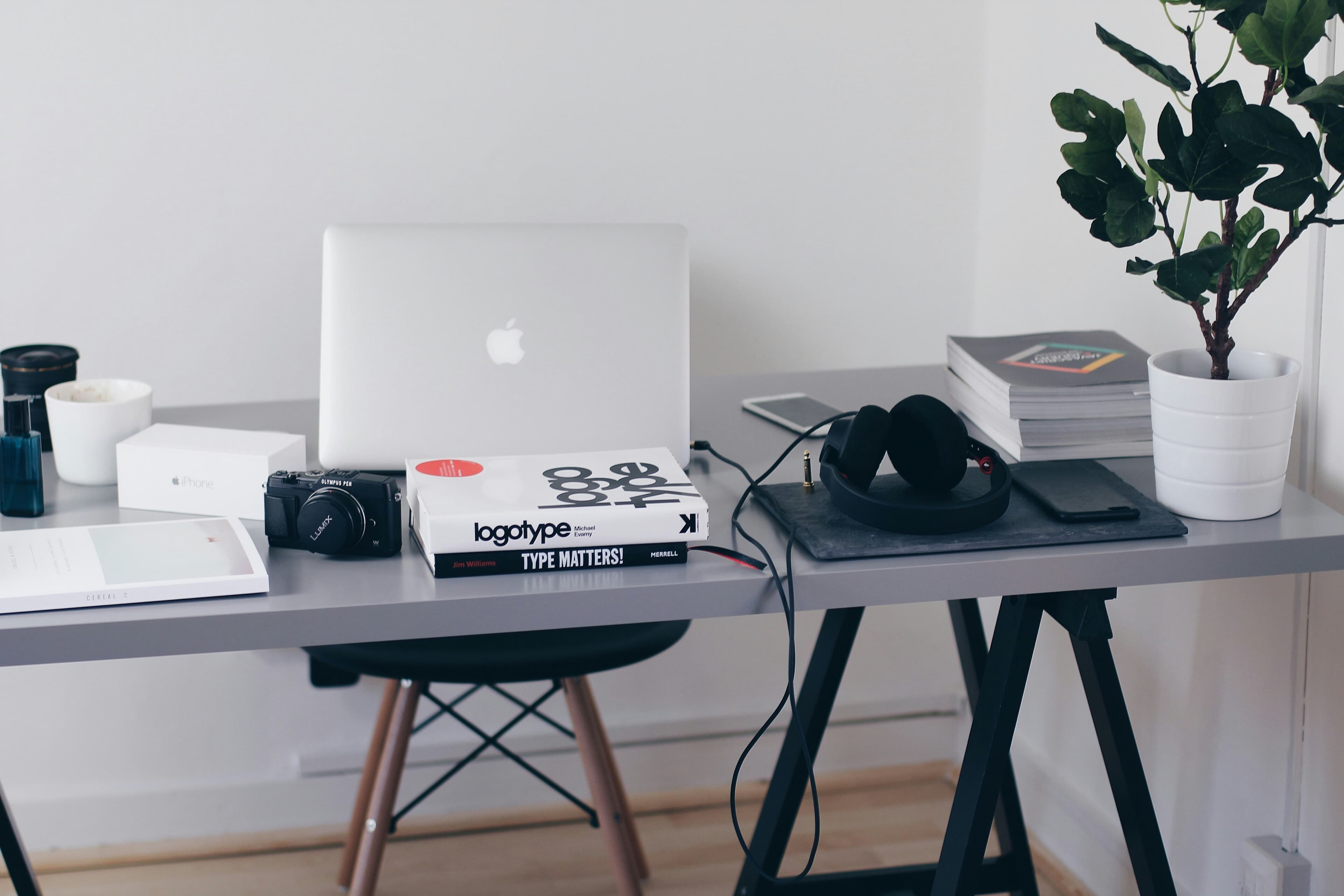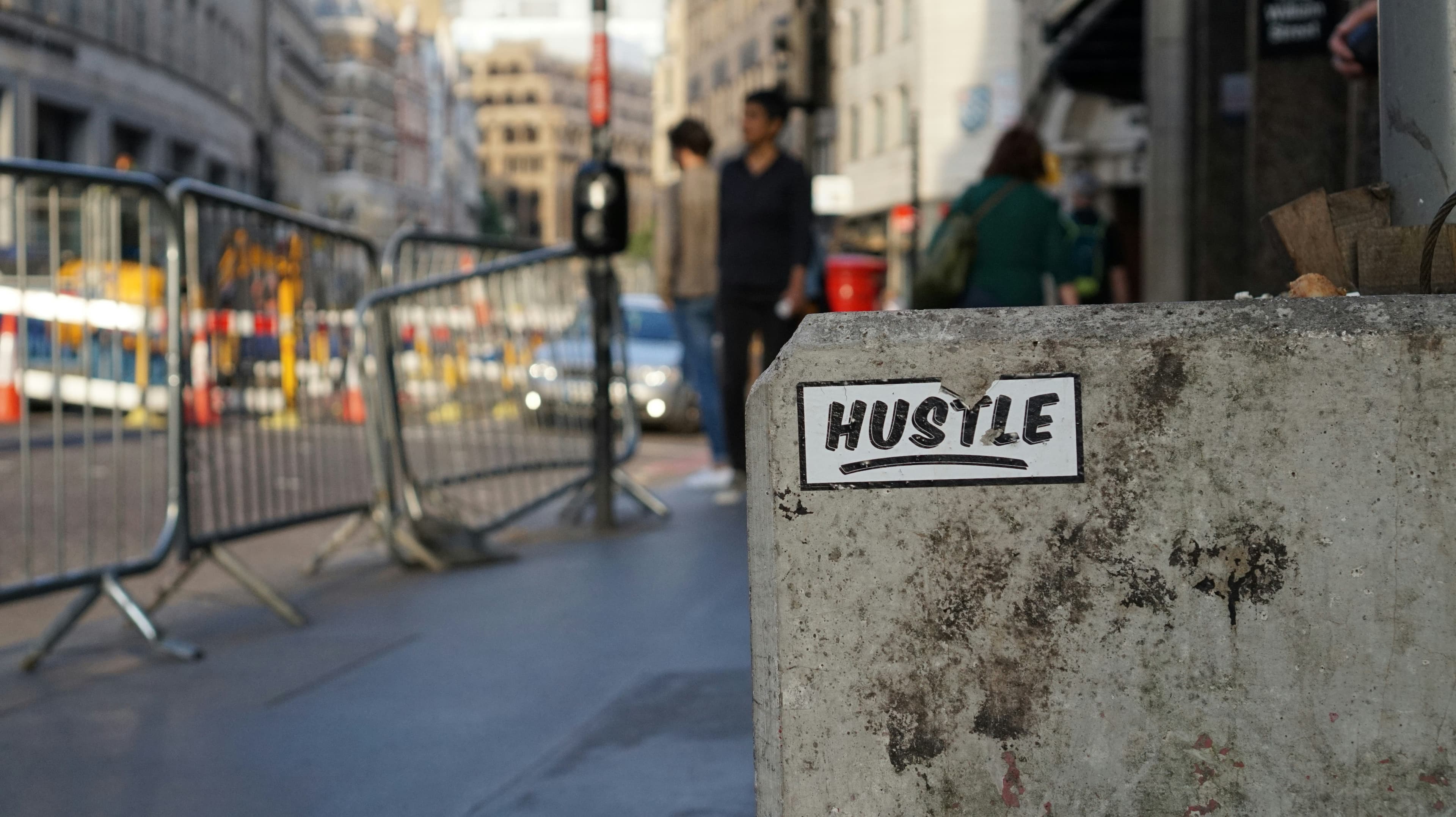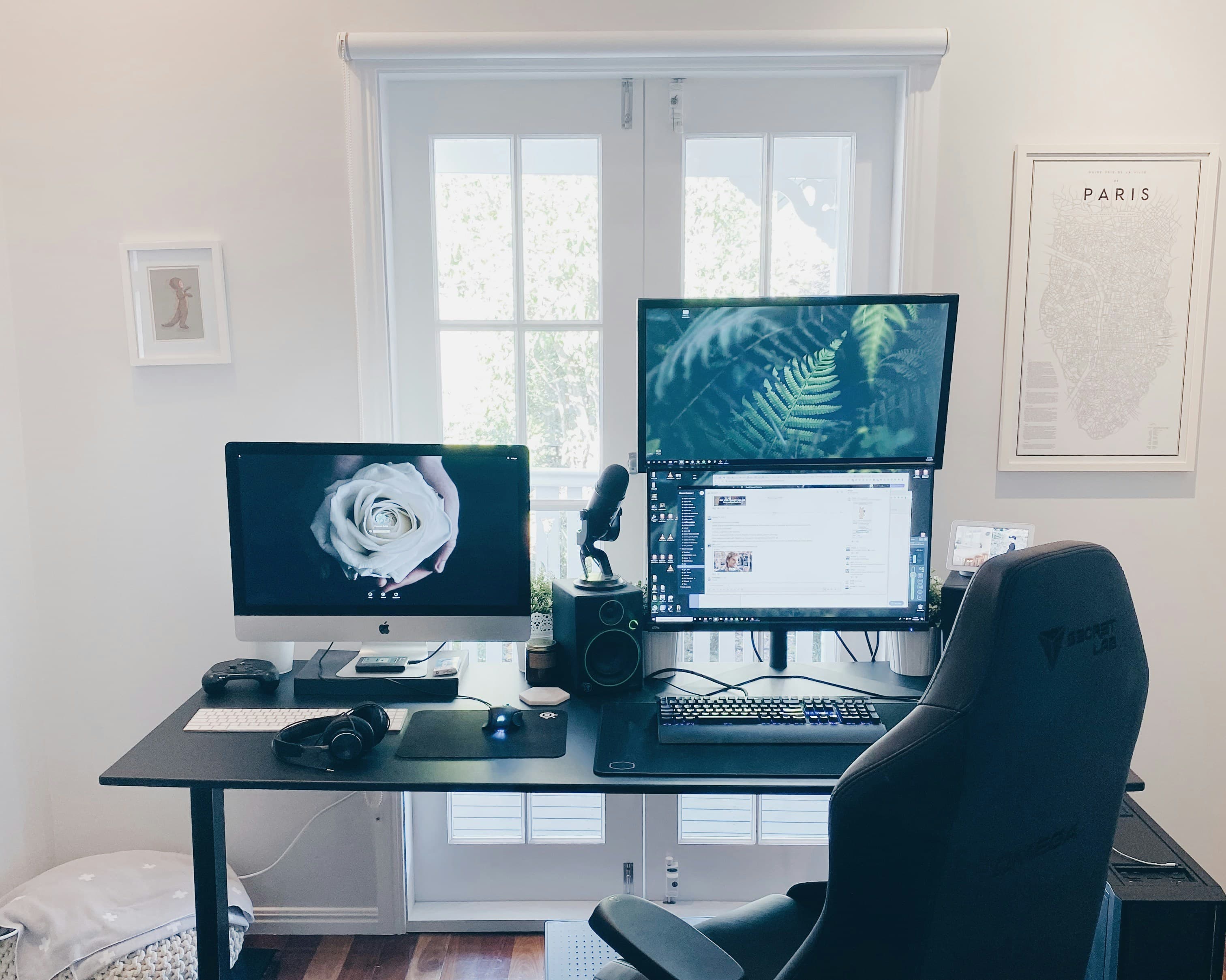What if You Knew You Couldn't Fail?

It’s a simple question: can you learn? Most of us would say yes without a second thought. But how deep does that belief go? Sure, we can learn simple things. But what about the really hard stuff? Could you learn to play the piano, understand monetary policy, or wrap your head around quantum mechanics? Could you become an expert, speaking on conference stages about it?
Suddenly, the answer isn’t so easy. We believe people can learn those things, but what about us? When you get quiet, do you believe your ability to learn has limits? Maybe it’s not a lack of interest holding you back. Maybe that’s just an excuse for a deeper, more limiting belief.
I realized that making excuses and blaming circumstances was undermining my own happiness. I was giving away my power. To get it back, the first step is taking ultimate responsibility for your life. But that’s only half the equation. The other half is a belief we all had as children.
The Mindset We Lost
Think about a toddler learning to walk. They fall—a lot. Research says it’s about 17 times an hour. That’s a fall every three minutes, for months. They hit their head, their butt, their elbows. Yet, they never doubt their ability to learn. They never give up.
Why? Because as children, we had an unwavering belief in our limitless ability to learn. We knew, deep down, we could figure it out. Sadly, that belief fades. As we get older, the people around us—parents, peers, society—start making comparisons. Billy is better at math; Sally is a better writer. A subtle message takes root: other people can learn things better than you can. We start to believe that our ability to learn has boundaries.
But what if that’s just a myth passed down from one generation to the next? Imagine letting go of that myth. You wouldn’t fear change, because you’d know you could adapt. You wouldn’t get defensive about feedback, because even the harshest criticism could be a tool for growth. This is especially true when you're ; the ability to learn from feedback is crucial.
You’d be willing to take bigger risks. You’d try bigger things. The prospect of failure wouldn't be so daunting. This is the foundation for creating that have real potential.
So, stop for a moment and really consider this: What would you pursue if you knew it was impossible for you to fail?
Regaining that belief in your limitless ability to learn is the root of confidence and the source of courage. As Stanford psychologist Dr. Carol Dweck discovered, people operate with one of two mindsets.
- These individuals believe their abilities are limited and life is largely out of their control. They tend to be defensive, avoid challenges, and give up easily when things get tough. They resist learning new skills.
- These people believe they have control and a limitless capacity to learn. They are open-minded, seek advice, and see mistakes as learning opportunities. They keep practicing until they get it right. This is the required mindset for successfully.
You can even have a fixed mindset in one area of your life while having a growth mindset in another. That’s why we see people excel at work but struggle in their relationships—they’ve locked into a limiting belief in one specific area.
My 17-Minute Meltdown
I spent two weeks preparing for my first sales call. I practiced my hour-long presentation until I could do it in my sleep. I rehearsed it for my parents, my wife, even my dog. I felt ready.
My sales manager came along for support. As we got closer to the appointment, my heart started pounding. I was on the verge of a full-blown panic attack. I walked in, shook the client’s hand, and launched into my presentation like a bullet train. I was a machine gun of words, running on pure adrenaline.
When I finally ran out of things to say, I stopped and looked at the man across the desk. His hair was plastered back, and his eyes were watering. He looked like he’d just survived a tornado. No sale was made that day.
Walking out, I glanced at my watch. Only 17 minutes had passed. I had crammed an entire 60-minute presentation into a 17-minute storm. The negative self-talk hit me like a freight train:
On the elevator, my manager smiled and said she had three questions for me. My mind immediately went to the worst:
Instead, she asked, “What did you do right in there?”
I was stunned. “Right? Nothing! I sucked.”
“Take a breath,” she said. “There were a lot of things you did right. I’ll name one, then you name one. How about this: I’m pretty sure you kept breathing the whole time.”
I had to laugh. Then it was my turn. “Well,” I said, “I think I got the whole presentation in.”
“You sure did,” she said. “I don’t think you missed a single word.”
Her second question was, “What did you do wrong in there?”
“I think I rushed it a little bit,” I replied.
She laughed. “Yeah, a little quick. My third question is, what are you going to do differently next time to be even more effective?”
That day, she gave me an incredible gift. With three simple questions, she taught me how to separate feedback from my self-worth and use it as a learning tool instead of a judgment weapon. This lesson is invaluable for anyone building or other where client interaction is constant.
A Better Way to Reflect
Most of our greatest lessons come from our setbacks. But we only gain insight if we let go of self-judgment. You can do this by changing how you reflect. Instead of just asking what you did wrong, use this three-question framework:
- Even in a total catastrophe, there’s always something. Finding the positives breaks the cycle of mental flogging.
- Look at your actions, not your worth. What choices led to a negative outcome? Look for the lesson, not the judgment.
- This question makes everything about learning. If you’ve gained an insight for next time, you’ve already succeeded.
These three questions can unlock the limitless learning mindset you were born with. You can apply them at work, in your finances, and in your relationships. They are the key to making consistent progress, which is how you eventually turn a success. Embracing this belief—that you are always in control and have a limitless ability to learn and adapt—is how you build a life where you are no longer afraid to try.






